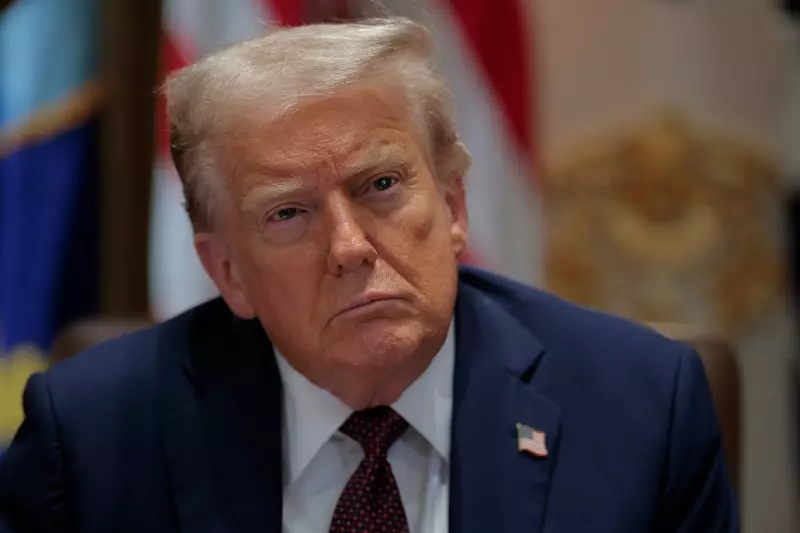
In a dramatic return to Reagan-era defence thinking, former Trump administration official Russ Vought is championing a revolutionary space-based missile defence system that echoes the controversial 1980s 'Star Wars' programme.
The Return of Strategic Defence
The ambitious proposal, outlined in Vought's Project 2025 policy blueprint for a potential second Trump term, calls for deploying interceptors in orbit that could neutralise enemy missiles during their most vulnerable phase of flight. This approach represents a fundamental shift from current ground-based defence systems.
Russ Vought, who served as Donald Trump's budget director, argues that existing missile defence capabilities are insufficient against growing threats from nuclear-armed adversaries like China and Russia. His plan specifically targets the boost phase of missile flight, when rockets are slower, more visible to sensors, and carry multiple warheads in a single target.
Technical Challenges and Political Implications
While the concept promises enhanced protection, it faces significant hurdles:
- Immense technical complexity of space-based weapons systems
- Extraordinary development and deployment costs
- Potential violation of international space treaties
- Risk of triggering a new arms race in space
The proposal has drawn comparisons to President Ronald Reagan's Strategic Defence Initiative (SDI), famously dubbed 'Star Wars' by critics who questioned its feasibility and feared it would escalate Cold War tensions.
A Controversial Legacy Revisited
Vought's blueprint acknowledges that space-based interceptors were "part of the original SDI vision" but never fully realised. His plan seeks to complete what Reagan started, arguing that advancing technology now makes such systems more achievable.
However, arms control experts warn that deploying weapons in space could destabilise global security and undermine decades of non-proliferation efforts. The 1967 Outer Space Treaty, which both the US and Russia have ratified, prohibits placing nuclear weapons in orbit but remains ambiguous about other weapon types.
As the 2024 presidential election approaches, Vought's proposal signals how Trump allies are preparing to implement radical defence policies should the former president return to power, potentially reshaping America's military strategy and international relations for decades to come.





